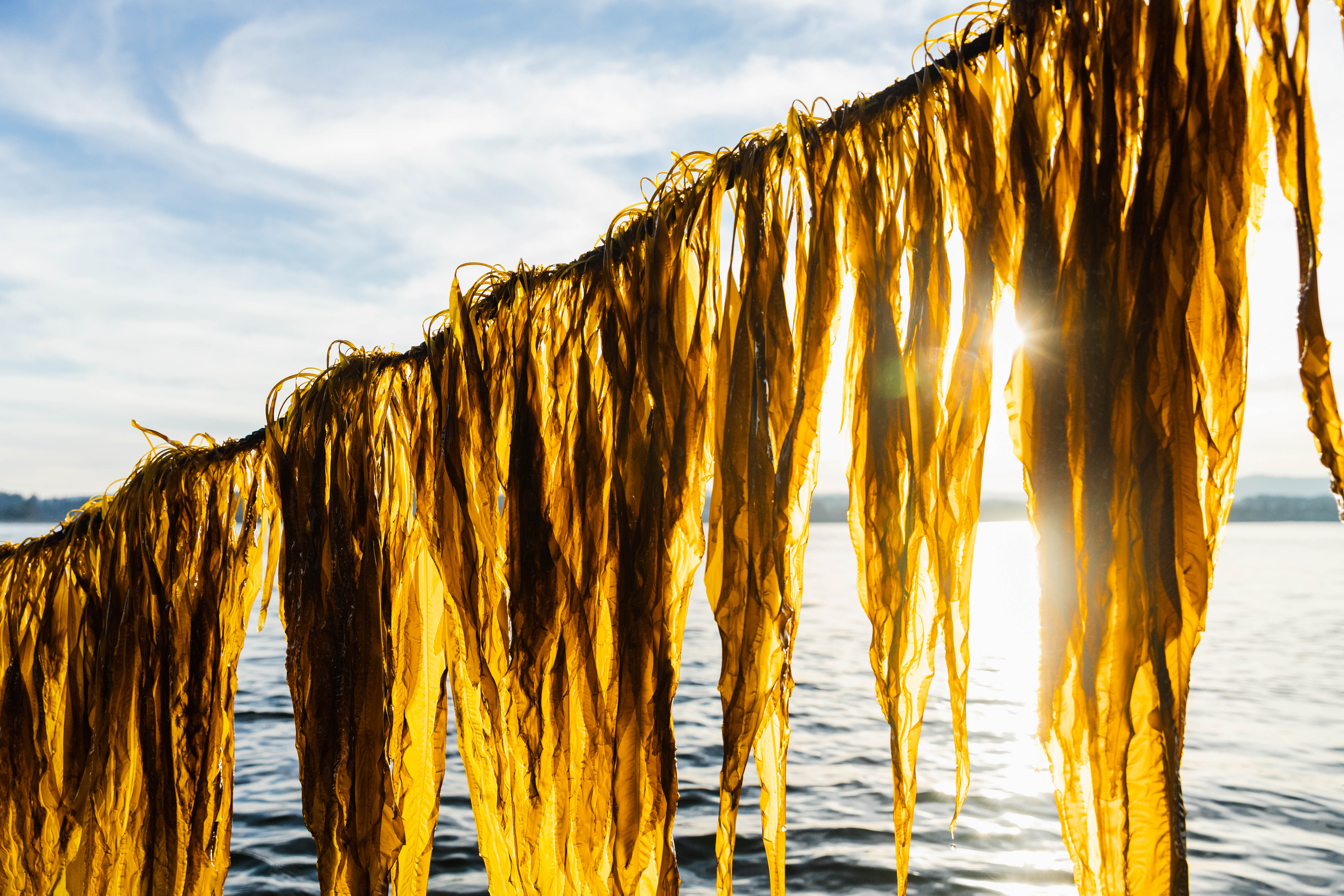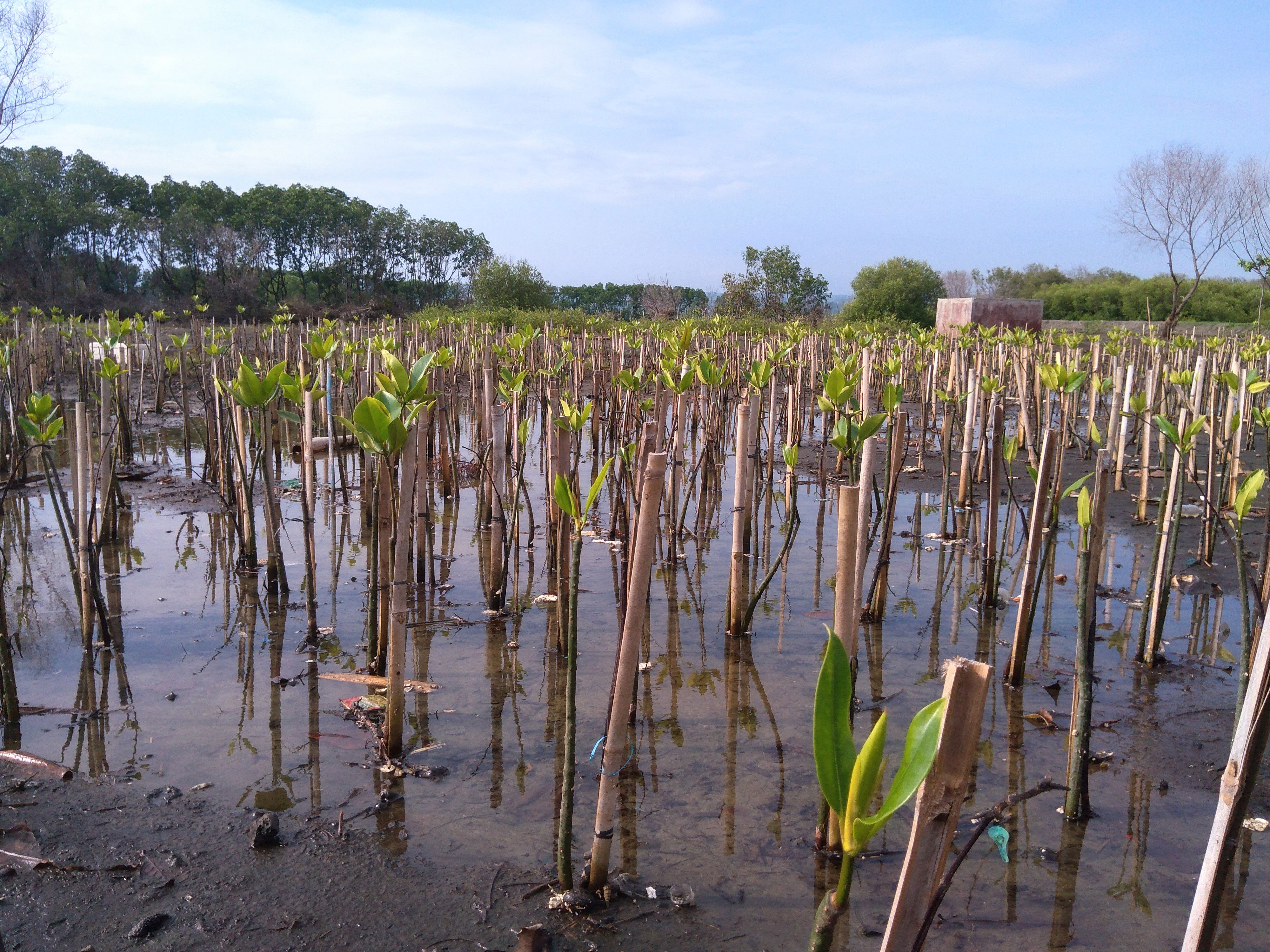World Ocean Day 2025: “ Sustaining What Sustains Us”
The ocean is not just the world’s greatest wilderness, it is the beating blue heart of our planet, connecting every continent, sustaining every breath, and inspiring every dream. On this day, as we celebrate World Ocean Day 2025, the call to action resonates louder than ever. This year, the broader World Ocean Day network marks the second phase of the multi-year action theme: “Catalyzing Action for Our Ocean & Climate.” The movement is growing, uniting youth, communities, businesses, and governments to protect at least 30% of our blue planet by 2030, a goal set by global leaders in December 2022 at the 15th Conference of the Parties (COP15) to the Convention on Biological Diversity.

The ocean, earth’s largest life-support system, is under growing pressure from human activities that threaten its health and the services it provides. Overfishing has depleted many fish stocks, disrupting marine food webs and undermining food security for millions. Meanwhile, pollution from plastics, oil spills, agricultural runoff, and untreated sewage contaminates marine ecosystems, endangering wildlife and human health. Climate change, driven by greenhouse gas emissions, is causing ocean warming, acidification, and sea-level rise all of which damage coral reefs, reduce oxygen levels, and alter species distributions. Coastal development and destructive practices like bottom trawling further degrade sensitive habitats such as mangroves, seagrasses, and coral reefs. These cumulative impacts not only erode biodiversity but also weaken the ocean’s ability to regulate climate, provide food, support livelihoods, and buffer communities against extreme weather. Urgent action is needed to reverse these trends and restore ocean resilience through sustainable use, conservation, and innovation.
Protecting the ocean requires coordinated global action rooted in science, sustainability, and equity, this year’s World Ocean Day aligns with the 2025 UN Ocean Conference in Nice, France from June 9– June 13 2025, under the theme “Accelerating action and mobilizing all actors to conserve and sustainably use the ocean.” The conference will convene governments, scientists, entrepreneurs, and civil society to scale up commitments toward Sustainable Development Goal 14: Life Below Water. Key practices emphasised at the conference include expanding marine protected areas, enforcing sustainable fishing regulations, reducing plastic and chemical pollution, and promoting nature-based solutions like mangrove restoration and regenerative ocean farming. The conference also champions innovation supporting blue entrepreneurship, eco-tourism, and circular economy models that benefit both people and the planet. By aligning policy, finance, and grassroots action, the UN Ocean Conference serves as a catalyst to safeguard the ocean’s biodiversity, restore its climate-buffering capacity, and secure livelihoods for future generations.
The principles of ocean farming echo those of agroforestry and regenerative agriculture on land: integrating biodiversity, restoring ecosystems, and building resilient livelihoods. Seaweed and sponge farms, like agroforestry plots, enhance ecosystem services improving water quality, sequestering carbon, and supporting diverse marine life. These practices show how entrepreneurship can regenerate both economies and environments, offering hope for coastal communities facing the twin crises of climate change and biodiversity loss.
Across Africa, local communities are pioneering sustainable ocean-based entrepreneurship. Coastal regions like Zanzibar, Kenya, and Madagascar, are harnessing seaweed to create a diverse range of value-added products. These include organic cosmetics such as soaps and lotions, edible items like seaweed snacks and teas, as well as agricultural inputs like bio-stimulants and livestock feed. Innovators are also exploring eco-friendly packaging, textiles, and artisanal crafts from seaweed. In Zanzibar , seaweed farming has transformed livelihoods since the 1990s. Today, 88% of seaweed farmers are women, empowering them economically and socially. These small-scale farms, nestled among mangroves and coral reefs, are not only a source of income but also a model for nature-based solutions that balance aquaculture with marine conservation. But innovation doesn’t stop at seaweed. Sea sponge farming, introduced by organisations like Marine Cultures, offers even greater promise. Sponges require less maintenance, provide higher returns, and act as natural biofilters improving water quality and supporting coral reef health. This sustainable practice reduces pressure on overfished stocks, empowers women, and fosters entrepreneurship, marine biology skills, and community resilience.
Africa’s fisheries are a lifeline, providing food and employment for millions across the continent, yet they face mounting pressures from illegal, unreported, and unregulated (IUU) fishing, weak governance, habitat degradation, and climate-driven declines. As the world gathers in June for the 2025 UN Ocean Conference in Nice, France, a key focus will be advancing the global “30x30” target protecting at least 30% of the world’s ocean through inclusive, science-based solutions. For African coastal communities, ocean farming practices such as seaweed and sponge cultivation present sustainable alternatives that reduce pressure on overfished stocks, support food security, and create climate-resilient livelihoods, particularly for women and youth. These forms of regenerative aquaculture also enhance biodiversity, improve water quality, and contribute to carbon retention. The conference will emphasise the need for investment in technology, marine spatial planning, and local governance systems to support a transition toward resilient blue economies, where community stewardship, transparency, and innovation underpin sustainable fisheries management and ocean conservation across Africa’s coastal zones.

To inspire global action, the new David Attenborough documentary, “Ocean,” was released as a global cinema event on May 8 2025. The film will be available globally on National Geographic, Disney+ and Hulu from June 8 coinciding with World Ocean Day and the UN Conference. Through breathtaking cinematography, Attenborough reveals the wonders of coral reefs, kelp forests, and open seas, while highlighting urgent threats and stories of hope. His message is clear: the ocean can recover, but only if we act now.“
Protecting our oceans through sustainable entrepreneurship and global collaboration is not just a choice, it's the vital path to securing a thriving planet for future generations.
Happy World Ocean Day!
Sheila Mary Bahonya, Agripreneurship Alliance
08 June 2025